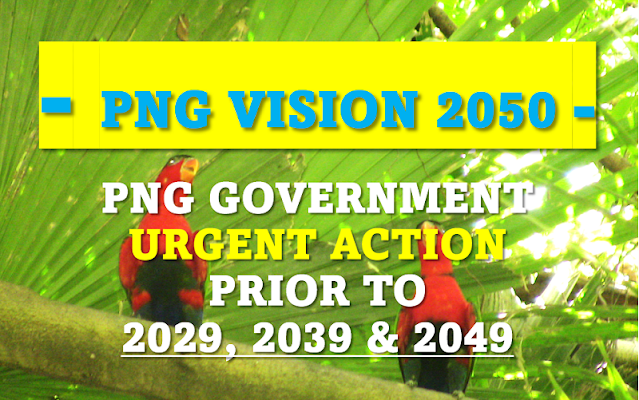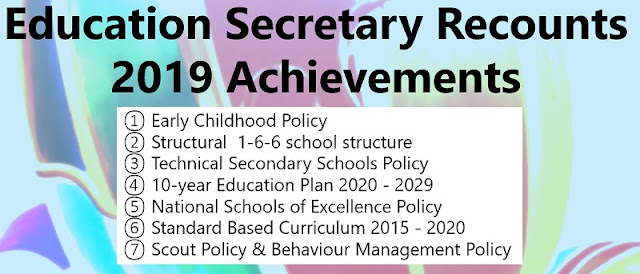Mt Hagen Technical College is a higher technical institution located in Hagen City, Western Highlands Province. This esteemed technical college provides opportunities for both Grade 12 school leavers and non-school leavers to pursue a wide range of technical and non-technical programs.
Programs of Study at Hagen Technical College
Hagen Technical College offers various technical programs, including:
1. Diesel Heavy Equipment Fitting
2. Motor Vehicle Mechanic
3. Auto Electrical
4. Welding
5. Carpentry
In addition to these technical courses, the college also provides non-technical programs such as:
1. Business Studies
2. Cookery
3. Tourism and Hospitality
Check out the full list of technical colleges in PNG here, and find out about the courses and admission info.
Eligibility Requirements
To be eligible for admission to Hagen Technical College, you should have a Grade Point Average (GPA) above 2.0.
It is also necessary to have achieved B grades in English and Literature, as well as Mathematics, and C grades or higher in other Grade 12 subjects.
Note that there are other factors that can affect your selection to the HATECO such as:
- your performance across all the subjects you take in Grade 12,
- applicants who may have had better grades,
- competition for the limited number of spaces available at the college,
- course selections and
- other enrolment problems.
DO NOT PAY A BRIBE TO ANYONE CLAIMING TO BE FROM HATECO TAKING APPLICATIONS OR MAKING SELECTIONS. REPORT THEM TO THE POLICE AND DHERST.
To read about the Technical Colleges as the key institution for development in PNG, click here.
Non-School Leavers Application Form
If you are a non-school leaver interested in applying to Hagen Technical College, you can obtain the application form directly from the college. Ensure that you collect the 2024 application form and carefully review the instructions.
To apply as a non-school leaver, you need to complete the application form provided by Hagen Technical College.
The form will require you to provide relevant personal information, educational background, and your preferred program of study. Make sure you fill out all the required sections accurately.
Once you have filled out the application form, you should submit it to the college's administration office along with any required supporting documents.
Failure to provide all the necessary documents may result in non-selection, so be diligent in preparing the required paperwork.
Click here to find out about the selection list for non-school leavers.
Applying as a Grade 12 School Leaver
If you are a Grade 12 school leaver, the application process is slightly different. The Department of Higher Education, Research, Science, and Technology has established the National Online Application System (NOAS) to streamline the application process for school leavers.
To apply through NOAS, you need to fill out the school leavers' form, which can be accessed online on the NOAS platform. The form will require you to provide your personal details, academic qualifications, and preferences for the Technical College you wish to attend.
During this process, your school's deputy principal and the class patron will guide you. Make sure to carefully review and submit your application before the specified deadline to ensure consideration for admission.
Important Tips for Applicants for the 2024 Academic Year
For those planning to apply for the 2024 academic year, it is crucial to stay updated with the application deadlines and requirements.
Regularly check the announcements made by Hagen Technical College and the Department of Higher Education, Research, Science, and Technology regarding the application process.
To avoid any last-minute complications, gather all the necessary documents, such as academic transcripts, certificates, and identification, well in advance.
Completing the application process promptly and accurately will enhance your chances of securing admission to Hagen Technical College.
Collect Information on Application and Admission
For further information on the application form, admission requirements, or any other inquiries, you can contact Hagen Technical College using the following details:
- Contact Address: PO BOX 1155 Mt Hagen WHP
- Phone: 542 1133
- Email: hateco@global.net.pg
Feel free to reach out to the college through these contact channels to seek assistance or clarification on any aspect of the application process.
Apply to Hagen Technical College (HATECO)
In conclusion, Hagen Technical College provides valuable opportunities for both Grade 12 school leavers and non-school leavers to pursue technical and non-technical programs.
By following the application guidelines provided, you can maximise your chances of securing admission to Hagen Technical College for the 2024 academic year.
Stay organised, meet the eligibility requirements, and submit your application promptly to embark on an exciting educational journey at Hagen Technical College.
Applicants FAQs
Q1: What are the application deadlines for Hagen Technical College for the 2024 academic year?
A1: The specific application deadlines for the 2024 academic year at Hagen Technical College will be announced by the college and the Department of Higher Education, Research, Science, and Technology. It is important to stay updated with their announcements to ensure timely submission of your application.
Q2: Can non-school leavers apply to Hagen Technical College?
A2: Yes, Hagen Technical College accepts applications from non-school leavers. Non-school leavers can obtain the application form directly from the college and submit it along with the required documents to the administration office.
Q3: What are the eligibility requirements for admission to Hagen Technical College?
A3: To be eligible for admission, you should have a Grade Point Average (GPA) above 2.0. Additionally, you should have obtained B grades in English and Literature, as well as Mathematics, and C grades or higher in other Grade 12 subjects.
Q4: Can Grade 12 school leavers apply online for Hagen Technical College?
A4: Yes, Grade 12 school leavers can apply online through the National Online Application System (NOAS) established by the Department of Higher Education, Research, Science, and Technology. They need to fill out the school leavers' form, providing personal details, academic qualifications, and preferences for the Technical College.
Q5: How can I contact Hagen Technical College for more information on the application process?
A5: For further information on the application process, admission requirements, or any other inquiries, you can contact Hagen Technical College through the following channels:
- Contact Address: PO BOX 1155 Mt Hagen WHP
- Phone: 542 1133
- Email: hateco@global.net.pg
Feel free to reach out to them via phone or email to seek assistance or clarification regarding your application to Hagen Technical College.
Leave a comment below if you have any questions that we can help you with.












